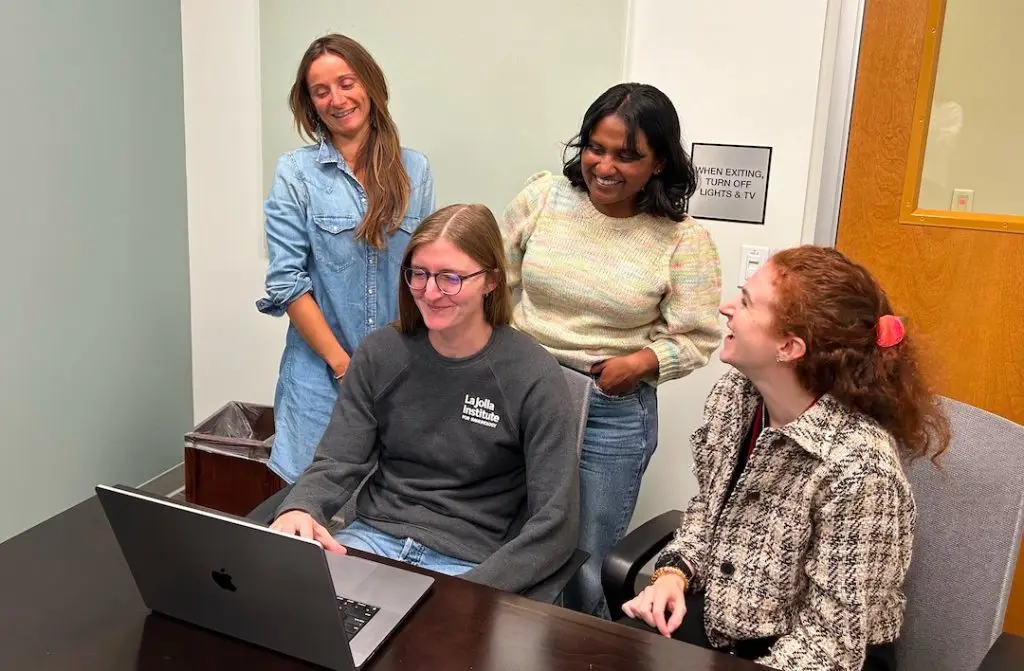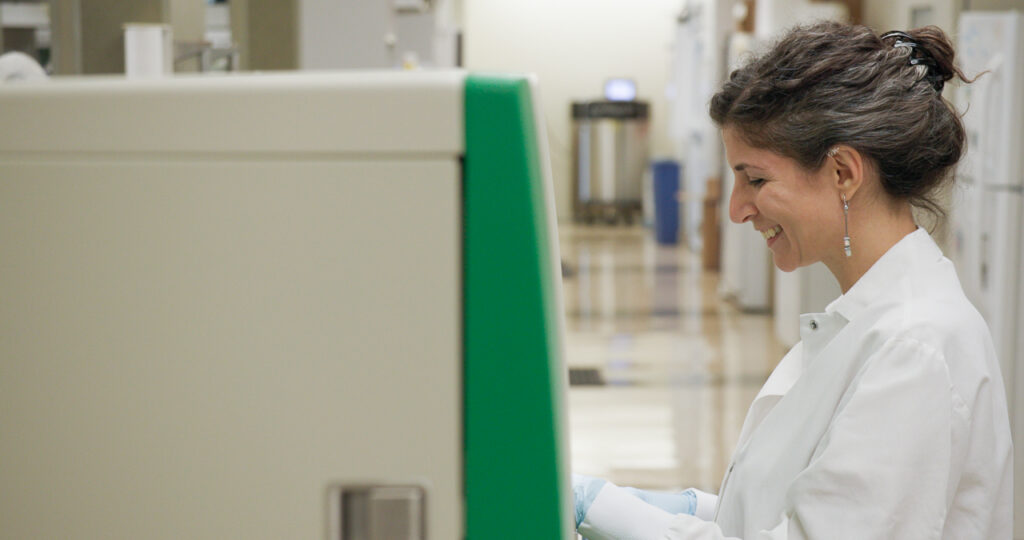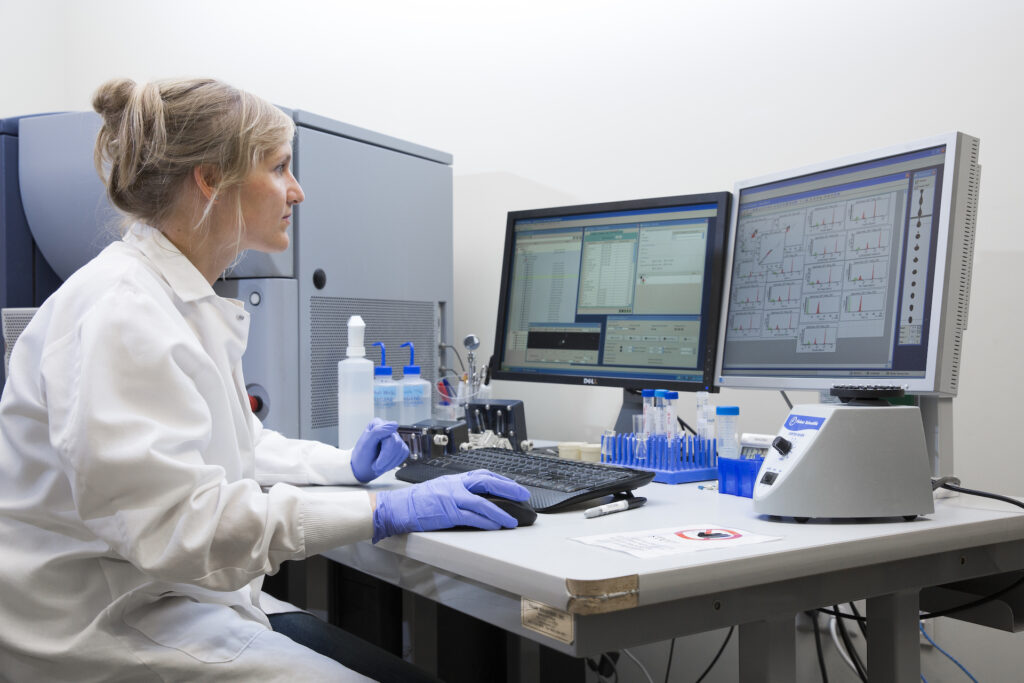Research in the Peters lab is focused on three areas relating to developing computational tools to address fundamental questions in immunology.
Starting as a PhD student in 2000, Dr. Peters has worked on the development and validation of tools to analyze and predict which parts of a pathogen, allergen, or cancer cell are targeted by immune responses. Identifying these specific molecular targets of immune responses, called epitopes, recognized by diseased individuals opens a path toward developing diagnostics, vaccines, and therapeutics. The tools the Peters lab develops aim to reduce the experimental effort required to identify these targets. Machine learning-based predictions allow researchers to focus their experiments on the molecules most likely to be recognized.
The second research area of the lab is the identification of differences between immune cells in individuals with divergent disease outcomes. Powerful experimental tools have been developed to characterize single cells in terms of their transcriptomic, proteomic and genomic state. The Peters lab uses these tools to characterize how immune cells from diseased individuals differ from healthy individuals. These cells are isolated using disease-specific epitopes (or reagents based on them), so epitope-identifying algorithms developed in the lab directly aid in the disease-focused work. This research helps understand how the disease develops and identifies potential targets for interventions to treat or prevent the disease.
Finally, the Peters lab is deeply involved in developing community standards for knowledge representation to promote interoperability and re-use of data. The Peters and Sette lab have maintained the Immune Epitope Database (IEDB) since 2003, which catalogs all published experiments on immune epitope recognition. This requires transforming free text information from journal publications into a structured format and making it optimally useful, connecting it with information stored elsewhere. Doing this efficiently requires a community consensus on knowledge representation. The Peters lab contributes to such consensus-building and standardization efforts through active work on scientific community initiatives such as the Ontology of Biomedical Investigations (OBI) and the umbrella Open Biomedical Ontology (OBO) foundry project. These same standards are now utilized in projects such as ImmuneSpace that cover all experimental immunological data.




























